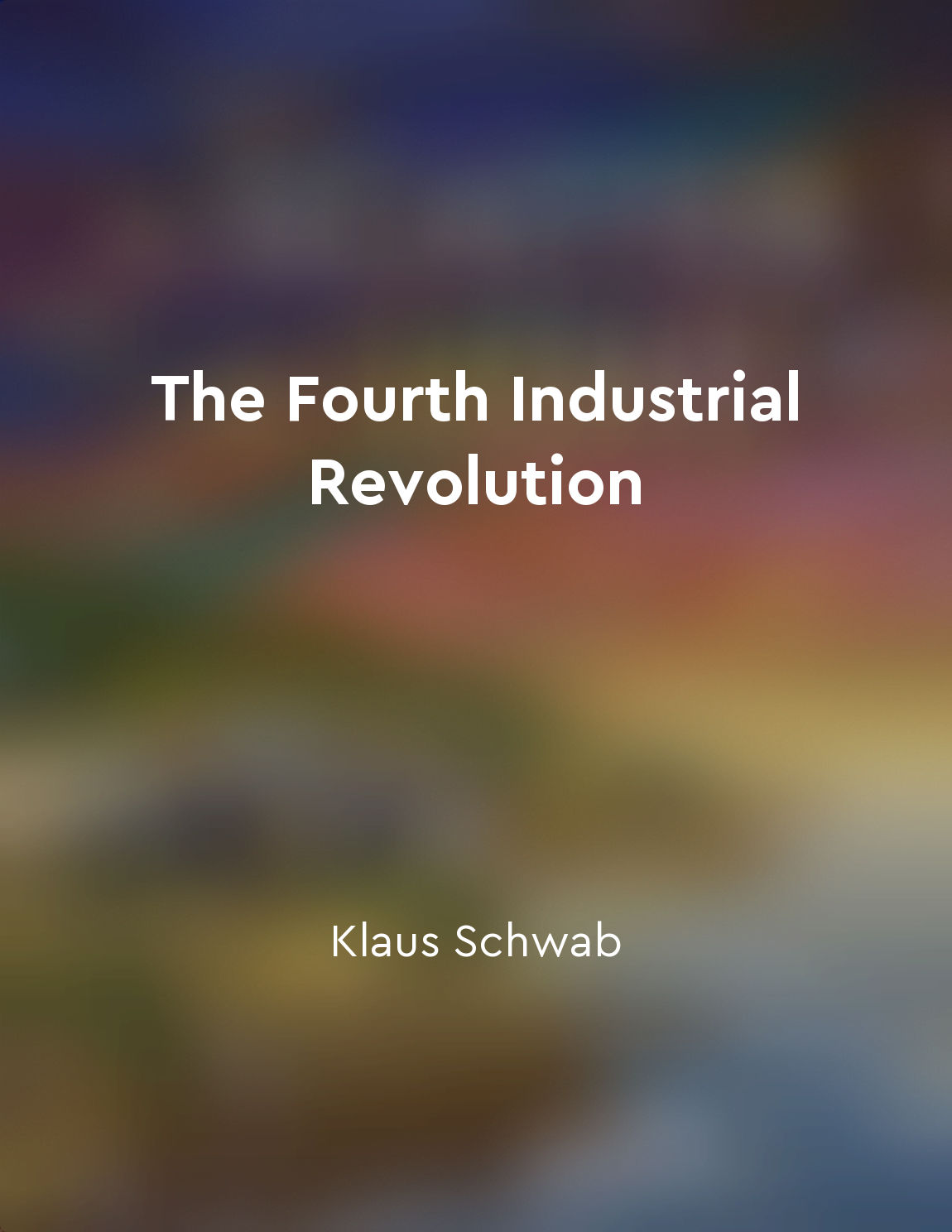Flexibility is key in industrial policy from "summary" of The Industrial Policy Revolution II by J. Esteban,J. Stiglitz,Justin Lin Yifu
One of the fundamental principles that underpins successful industrial policy is the need for flexibility. This concept recognizes that the economic landscape is constantly evolving, and policies must be adaptable in order to effectively respond to these changes. Flexibility in industrial policy allows governments to take into account the dynamic nature of markets, technology, and global competition. By being able to adjust their strategies in real-time, policymakers can better address emerging challenges and opportunities. This means that industrial policies should not be rigid or set in stone, but rather should be fluid and responsive to changing circumstances. Moreover, flexibility enables governments to experimen...Similar Posts
Economic transformations can have widereaching effects
Economic transformations are not isolated events that only impact a specific sector or region. Instead, they have the potential...

The rise of the gig economy is changing traditional employment models
The rise of the gig economy, characterized by short-term, flexible jobs rather than permanent positions, is fundamentally alter...
Understanding economic systems is essential for policymakers
To effectively navigate the complex world of policymaking, policymakers must possess a deep understanding of various economic s...
Economic institutions impact wealth distribution
The way a society is organized economically has a significant impact on how wealth is distributed among its members. Economic i...

